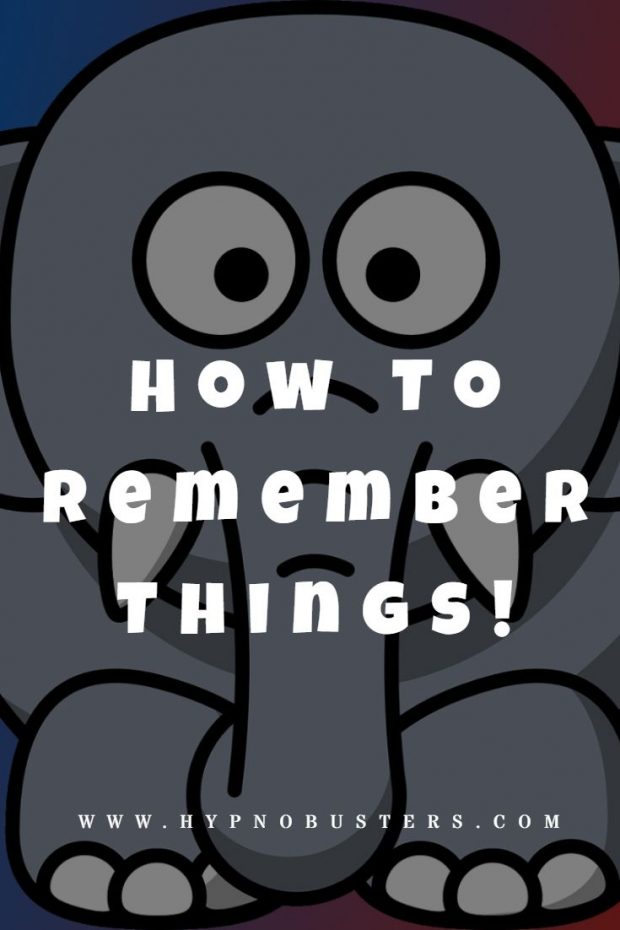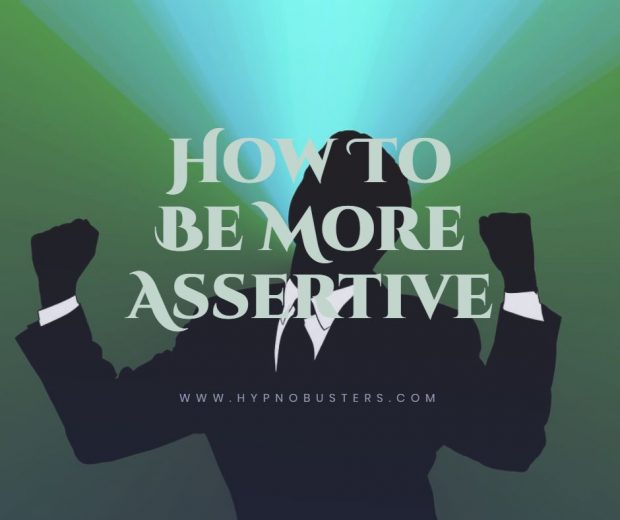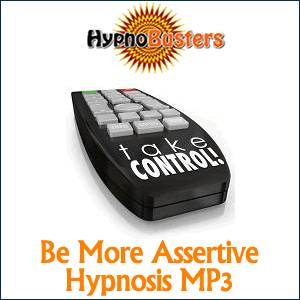 Want to learn how to remember things? Here you go…
Want to learn how to remember things? Here you go…
Many moons ago I was a student studying for my law degree. For exams I was expected to remember loads of past legal cases. This included what happened, what the judge ruled, the name of the case, and the year.
I had no problem remembering what happened and what the judge ruled, but for some reason I struggled remembering the name of the case, and when it was.
In exams I was applying the law correctly using the right cases, but was dropping marks for not remember the name and year. It doesn’t look very impressive when you say “There was a case in the past that stated…”
I knew my law, but was dropping marks needlessly. So I decided to study memory.
I first learned that the human mind has a problem with dry information. We are not designed to live in a world of remembering names, pin numbers, phone numbers etc. And no matter how good you are, most people struggle to remember a list of more than 7 or 8 objects.
CLICK HERE To Check Out My Memory Hypnosis MP3
Memory test
Here’s a list of 10 random objects. Take a couple of minutes looking at them, then cover up the screen and see how many you can remember.
Newspaper
Monkey
Bicycle
Glasses
Tree
Rope
Clock
Shoes
Elephant
Flower
If you remembered them all then congratulations. If you didn’t, don’t worry. Like I said before, the human brain struggles to remember dry information. It needs colouring up and putting in a way that our brains can better process. The best way of memorising a list is by story telling.
And the best way to learn how to remember things is to try it for yourself. Here is a short video I recorded that will help you easily remember this list of objects. See how you do…
How did you do? Much better?
This is the exact technique memory experts use to remember huge lists of things. I’ve managed to remember lists of over 100 words using this technique. At the start of an exam I would spend a couple of minutes writing out my list of words, which would all be reminders of case names, what happened, date etc. It was like I was smuggling in a secret cheat sheet – but it was perfectly legitimate.
After using this technique for a while, I noticed my memory naturally improved. I didn’t always use this technique, but maybe I did subconsciously. Also this helped me know my mind better, which no doubt also helps me remember things.
How to use stories
 To make the stories work, there must be a cause and effect. When the monkey ran up the clock, there has to be a reason why shoes were thrown at him. It was because the monkey is a better climber, and throwing shoes is one way of dislodging and catching him.
To make the stories work, there must be a cause and effect. When the monkey ran up the clock, there has to be a reason why shoes were thrown at him. It was because the monkey is a better climber, and throwing shoes is one way of dislodging and catching him.
You also must visualise the story. See it as clearly as you can in your imagination. Your mind doesn’t remember words nearly as well as it remembers sequences of events. You may have to go over the story a few times in your mind to really drum it in.
What I found was that I could see the sequence of events in my mind, and this caused me to then remember the narrative, which also contained the keywords.
I firmly believe that this type of exercise significantly expands your mind. It helps improve your memory even when you’re not using it. It also helps you understand your mind, and learn to use it better as a tool. It also enhances your creativity. You quickly increase your ability to imagine images, sounds, smells etc. Also you get quicker at inventing scenarios that contain the list you want to remember.
Try it yourself
Try it with a different list. This could be the boost to your memory, intelligence and creativity that you’ve been craving. Here’s another list to get you started. Let me know how you do.
Pencil
Soap
Window
Pack of cards
Chimney
Butterfly
Salt
Bottle
Stick
Yo-yo
 Now you know how to remember things! Another way of helping improve your memory is by organising your thoughts. Like a well looked after library, well organised thoughts are easier to retrieve.
Now you know how to remember things! Another way of helping improve your memory is by organising your thoughts. Like a well looked after library, well organised thoughts are easier to retrieve.
My Memory Hypnosis MP3 helps organise your thoughts so you can better remember ANYTHING. Please click the link bellow for more information…













